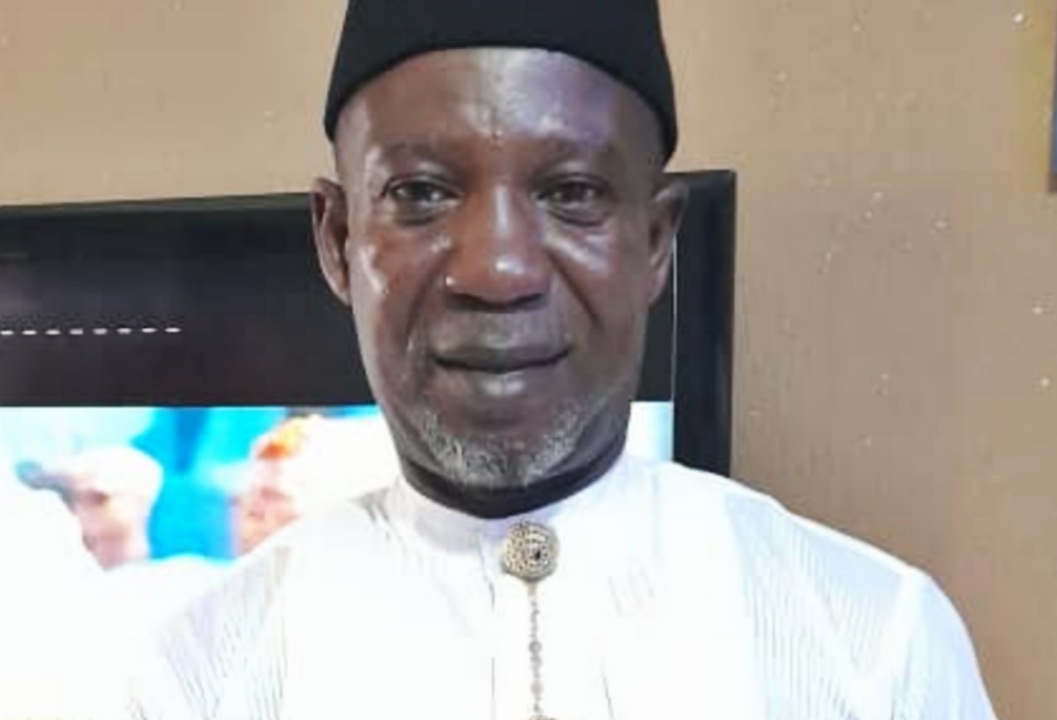PIA IMPLEMENTATION: Platform Petroleum Leading the Way for Indigenous Oil and Gas Firms — PPL Base Mgr Anioye
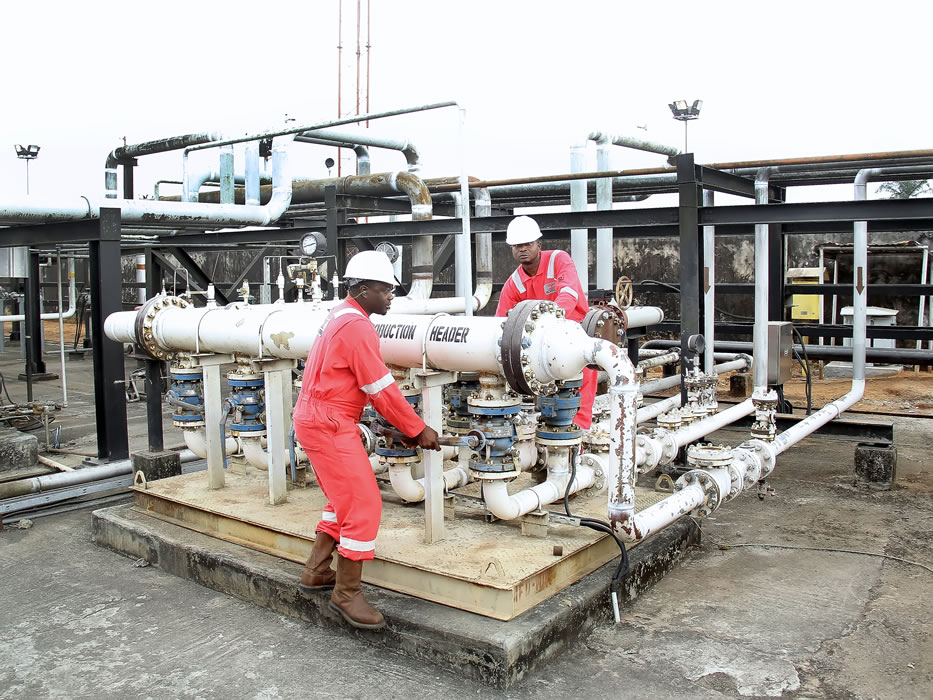
Platform Petroleum Limited, PPL, operator of the Egbaoma Field Oil Mining Lease (OML) 38 in Delta State, has taken a lead in the oil and gas industry and made history on Tuesday, August 8, 2023, when the indigenous oil firm received a key document in the implementation of the Petroleum Industry Act (PIA) 2021, the Needs Assessment and Community Development Plan (CDP), from a leading consultant, the Center for Peace and Environmental Justice (CEPEJ).
The Needs Assessment and CDP, presented by the National Coordinator of CEPEJ, Chief Sheriff Mulade, to the Managing Director of PPL, Mr. John Anim, at the Iyemere Civic Centre in Obiaruku, Abraka, ascertained the actual needs of each of the four host communities of Umutu, Akoku-Uno, Ogbe-Uzu Adonishaka, and Umuosele (Obi-Iloh) / Umueziogoli, and spanning a five-year development plan.
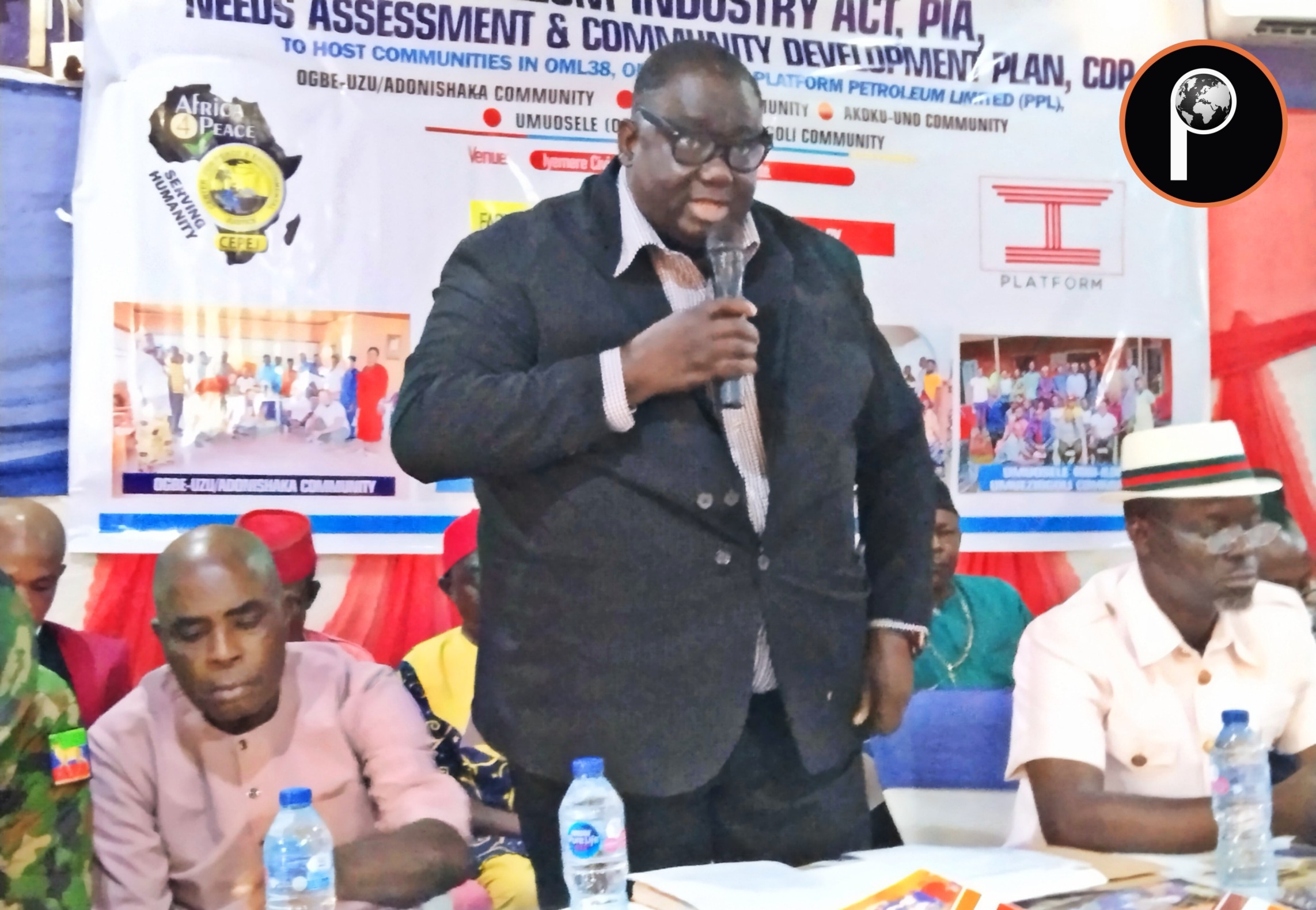
Speaking on the achievement, the Base Manager, Barr. Eka-Iloma Anioye, who represented the MD of the indigenous oil firm during the handover ceremony, said: "In compliance with regulations and statutes, Platform Petroleum had gone ahead of her peers in the industry to apply to Nigerian Upstream Petroleum Regulatory Commission (NUPRC) for approval to incorporate a Host Communities Development Trust. And as of today that I am addressing you, Platform has already incorporated Egbaoma Marginal Field Host Communities Development Trust.
"The Trust has opened a bank account with Zenith Bank Plc, Abraka Branch. Platform Petroleum has also gone ahead to deposit over Three Hundred Million Naira (N300 million), representing the 3% Opex in the applicable year. Suffice me to also state that before the opening of the bank account, Platform Petroleum in conjunction with the host communities had produced a sharing matrix for the four Host Communities in the Marginal Field.
"In order to ensure independent-mindedness and free hands in the communities in the course of carrying out the Needs Assessment, Platform Petroleum engaged a reputable consultant (CEPEJ), who worked with the Host Communities to produce the Five-Year Development Plan for each of the four Host Communities. Thereafter, validation of the exercise was conducted in the Host Communities to further consolidate the people's wishes. It is the presentation of the consolidated needs that is the hallmark of today's event," Barr. Anioye stated.
PPL's Brief History
Speaking on PPL's brief history, he said: "On winning the 2003 Marginal Field Bid Round, PPL and its JV Partner, Newcross Petrolatum Limited, became the license holder of the Egbaoma Marginal Field, (formerly known as Asuokpu/Umutu marginal field until 2010 when the name change was effected) situated in OML 38. The oil-bearing communities in the marginal field are Ogbeuzu / Adonishaka; Umueziogoli / Obi-Iloh; Umutu and Akoku-Uno communities."
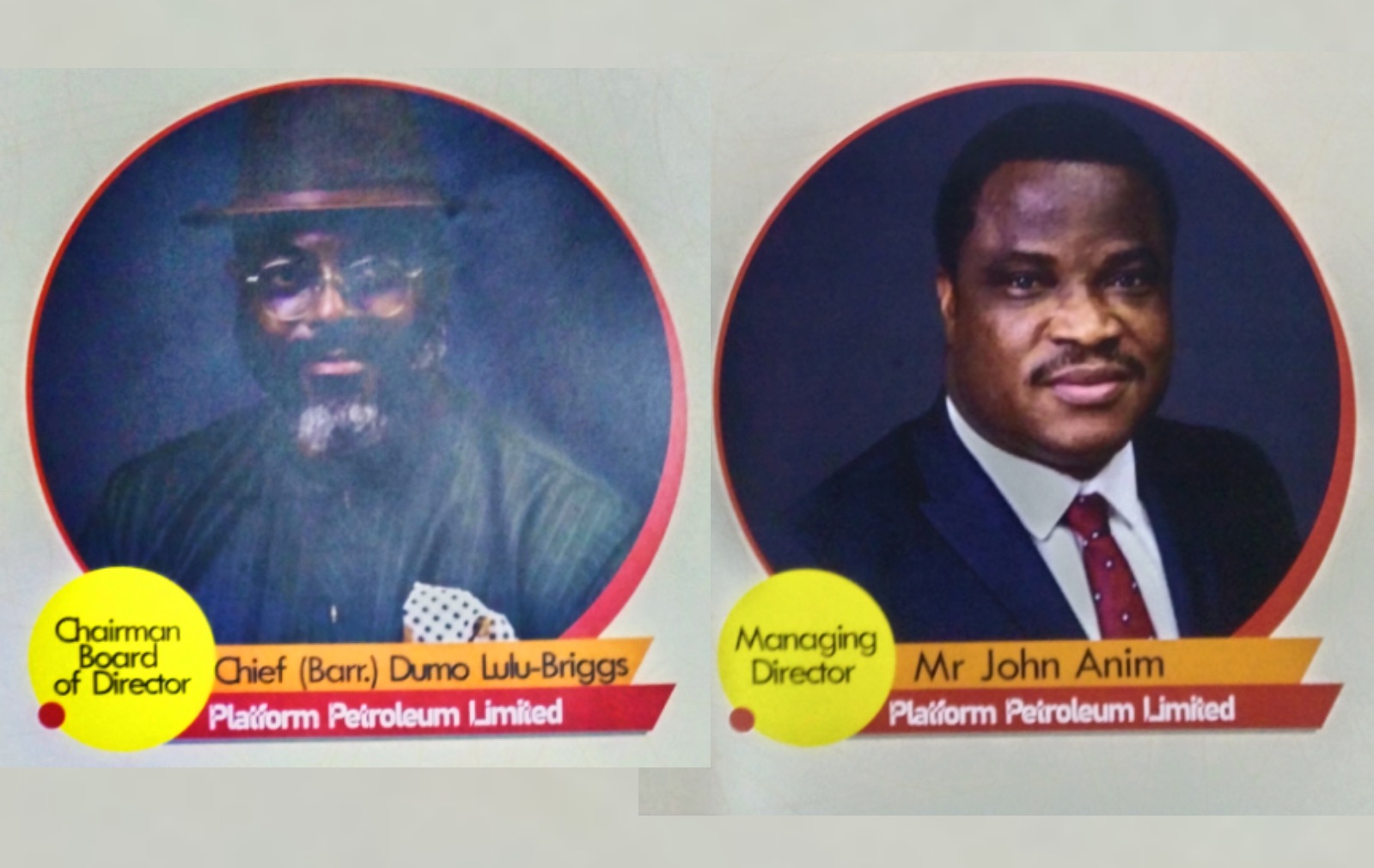
Before PIA
The Base Director affirms that the relationship that existed between PPL and Host Communities was predicated on MoUs. In all, before the signing into law the PIA 2021, PPL had operated five MoU's with its hosts, from 2005 to 2022.
"In 2005 and 2006, PPL made its first Memorandum of Understanding (MoU) with the Host Communities. The first MoU had a 3-year tenure, while the subsequent ones had a 4-year tenure. The MoUs with the Host Communities were the prevailing legal principle, as there was no statutory legal regime that governed the relationship between Oil Companies and their Host Communities then.
"The implication of that regime was that Corporate Social Responsibilities of the Companies or obligations to the Host Communities were informal and unregulated. The communities' grant of Freedom-To-Operate (FTO) was dependent on the bargaining powers of the parties and what was considered just in the circumstances of each community's case.
"Between 2006 to 2022, PPL had the 5th MoU with her four Host Communities. It is on record the company religiously implemented the MoU without default. All the legacy projects: capital projects, non-capital projects, capacity building and human capital developments projects, were all predicated on the instituted MoUs and are physically verifiable in all the Host Communities."
_1691654411.jpg)
From MoU to PIA
Speaking further on the birth of the PIA, Barr. Anioye said: "However, in 2021, the Federal Government of Nigeria through a legislative enactment, as expressed in the Petroleum Industry Act (PIA) 2021, changed the MoU regime to a statutory regime. Consequently, the Corporate Social Responsibilities of the oil companies are no longer a product of bargain or negotiation, but a thing of statutory requirements.
"The law through its Section 240(2) provides that: 'Each Settlor, where applicable through the Operator, shall make an annual contribution to the applicable Host of Development Trust Fund of an amount equal to 3% of its actual annual operating expenditure of the preceding financial year in the Upstream Petroleum Operations affecting the Host Communities for which the applicable Host Communities Development Trust Fund was established'. This is a legal mandate and a command to the company.
"From the foregoing, what goes to the Host Communities is now well-defined and secured. The fund is expended for the general benefits of the Host Communities as a right of the Host Communities. The law spells out penalties on the company in the event of default, enforceable at the instance of the NUPRC. And the PIA 2021 also specifies the responsibilities and obligations of the Host Communities with respect to earning the funds as well."
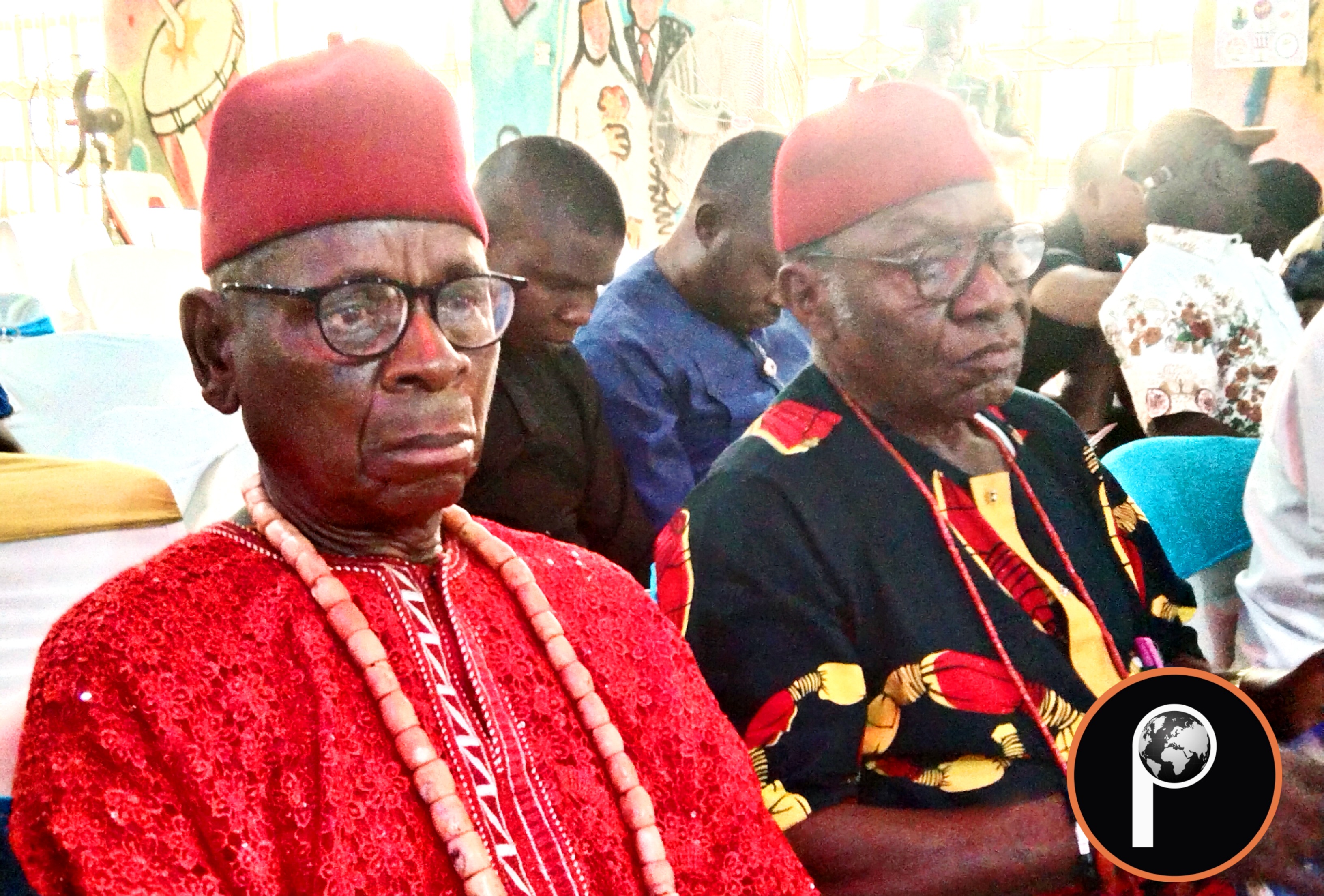
On PIA Implementation
The indigenous oil firm is among the leading firms that has fast tracked the implementation process of the PIA, bringing onboard CEPEJ to professionally help guide it in the process especially in preparing the five-year development plan for Host Communities.
"The law, however, provides for procedures and guidelines as to how the funds are to be expended. Unlike the MoU regime that empowered and entrusted the usage of Project Fund and the choice of projects on the Oil & Gas Management Committee (OGMC) of a given Host Community, the law mandates the incorporation of Host Communities Development Trust that superintends the utilization of the funds. Even at that, the BoT is constrained to making approvals within the confines of the Act.
"Consequently, the implementation of the statutory mandates of the PIA 2021 on the utilization of the funds [is] to provide the needs of the generality of the host communities. In order to know what the host communities need or want, the Act provides for the conduct of Needs Assessment in Host Communities by the settlor (PPL as the case may be). The law provides that the Needs Assessment shall produce a Five-Year Development Plan for the Communities. It confines the usage of the fund to the implementation of the 5-Year Development Plan of the Host Communities.
_1691654465.jpg)
OGMC, HCDT legal creation of PIA
In his closing remark, the Base Manager appealed to the various stakeholders, particularly the OGMC and the Egbaoma HCDT to work together in harmony with their major focus centered on the interest of the host communities as regards its development.
"I want to use this opportunity to particularly appeal to the OGMCs of the Host Communities, not to see the members of Egbaoma HCDT as rivals, or persons who emerged to overthrow them. Their existence is a legal creation and as such, it has the force and legal backing of the PIA 2021.
"We must give them the needed support to succeed. Whatsoever the shortcoming the law may be as of date, it is the extant principal legislation governing the Nigerian Oil and Gas Industry. We must therefore adhere to and respect it.
"It is also my appeal to members of the HCDT to be dedicated and live above board. The interest of the communities should be paramount in all your considerations in this noble journey to accelerate the development of your Communities," Barr. Anioye counseled.
#penglobalreport #CEPEJ
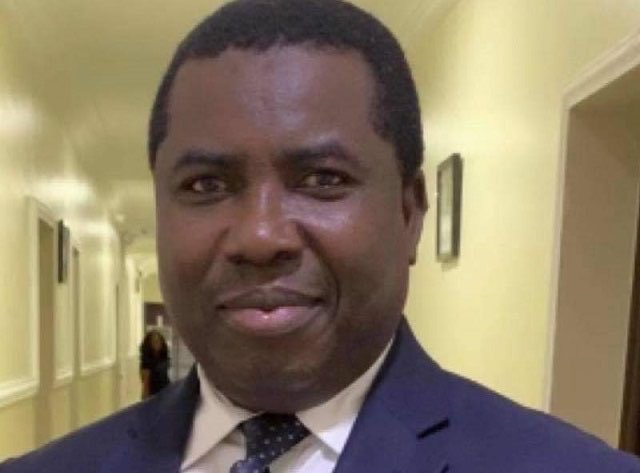
_1760011663.jpg)

